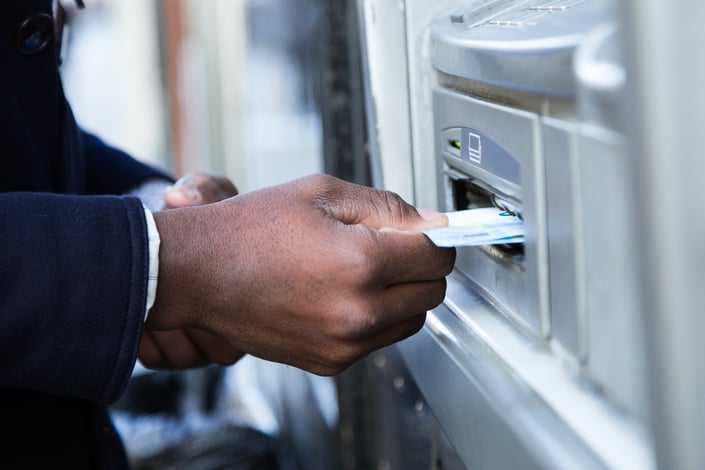When it comes to your banking habits, personal financial management is an important skill that some people have mastered. Of course, all of us make mistakes from time to time, and that's true of personal banking as well. However, if you can identify common personal banking mistakes and why people make them, then you'll be in a better position to avoid them and improve your overall personal finances.
With that in mind, here are 6 mistakes to avoid in personal banking:
1. Not reviewing your bank statement promptly
One of the most common mistakes that people make is not reviewing their new bank statement when it becomes available. In general, it's always best to immediately look at your most recent monthly bank statement. You should be able to quickly review your transaction history for any suspicious activity; and if a discrepancy arises, don't hesitate! Reach out to your bank immediately.
It's usually a good idea to review your bank statement at least once a month, but some individuals choose to do so more frequently, perhaps once a week, or even once every few days. If you have electronic bank statements, you'll likely receive an email/text alert that your statement is ready, and you'll be able to access it via email, the bank's website, or a dedicated app. If you don't regularly review your bank statement, you may miss important timeframes to report fraud or errors to your bank. Most banks require that you report issues within 60 days of your bank statement.
2. Paying unnecessary fees and charges
Another big banking mistake that people make is paying more than they have to for various services. For instance, many banks charge a monthly fee if the money in your account drops below a certain balance. If you don't know what that amount is, then you'll be paying an unnecessary preventable expense each month.
Make sure to shop around for banks, and ask what their fee policy is in terms of opening an account and maintaining it. Also, make sure that you understand any additional fees and charges, such as overdraft charges, transfer fees, etc. Please visit our Personal Checking Products page to view the available accounts and ways to avoid monthly maintenance fees.
3. Leaving a paper trail, literally!
This is a big no-no! Simply throwing away bank documents, expired debit cards, and voided checks can make you an easy target for identity thieves and con artists. They are more than happy to dumpster dive if it means stealing a few thousand dollars!
Make sure that you always properly dispose of important personal and banking information. That means shredding, burning, or otherwise destroying these items so that no outside party can get hold of them.
4. Banking online in public places
Wi-Fi is a wonderful thing, but you should use it with caution. If you use a public, unsecured Wi-Fi network to go online and do your banking, you're increasing your risk that a hacker can intercept your submitted data on its way to the server and steal your personal information. So it's a good idea to first make sure that the Wi-Fi network in question is secure; and if it's not, then you should either access the Internet with your cellular data, or wait until you get home so that you can use your own secure connection.
5. Succumbing to ATM fees
Most banks charge a small but significant fee for using non-network ATMs. For instance, one Bank ATM Fee report from SmartAsset found that the average cost for withdrawing money from a non-network ATM reached $4.69! Obviously, those fees can add up quickly over time.
The point is, you want to determine whether your bank has ATMs located near your home, workplace, etc. And you also want to determine how much your bank will charge you for a non-network withdrawal, just in case you have to make one in the future. And don't forget: Third Coast Bank has free ATMs nationwide! We'll even refund fees other banks charge you.
6. Not establishing a relationship with your bank
It's always a good idea to get to know your bank's customer service staff at your local branch, and even meet the branch manager. That way, if any problems do arise, you'll already have that relationship with your bank that can make everything else go much smoother. And if you choose Third Coast Bank, you should know that we love meeting our customers!
In addition, we really want to help everyone make good personal banking decisions — which is why we've pointed out some common mistakes in this article. On the other hand, opening an online account with Third Coast Bank is the opposite of a mistake. In fact, it could be one of the best banking decisions you ever make! Open an account with us today, or reach out to learn more!









.png?height=50&name=Campaign%20Hero%20Ad%20%20(1).png)
.png?height=50&name=Untitled%20design%20(2).png)







